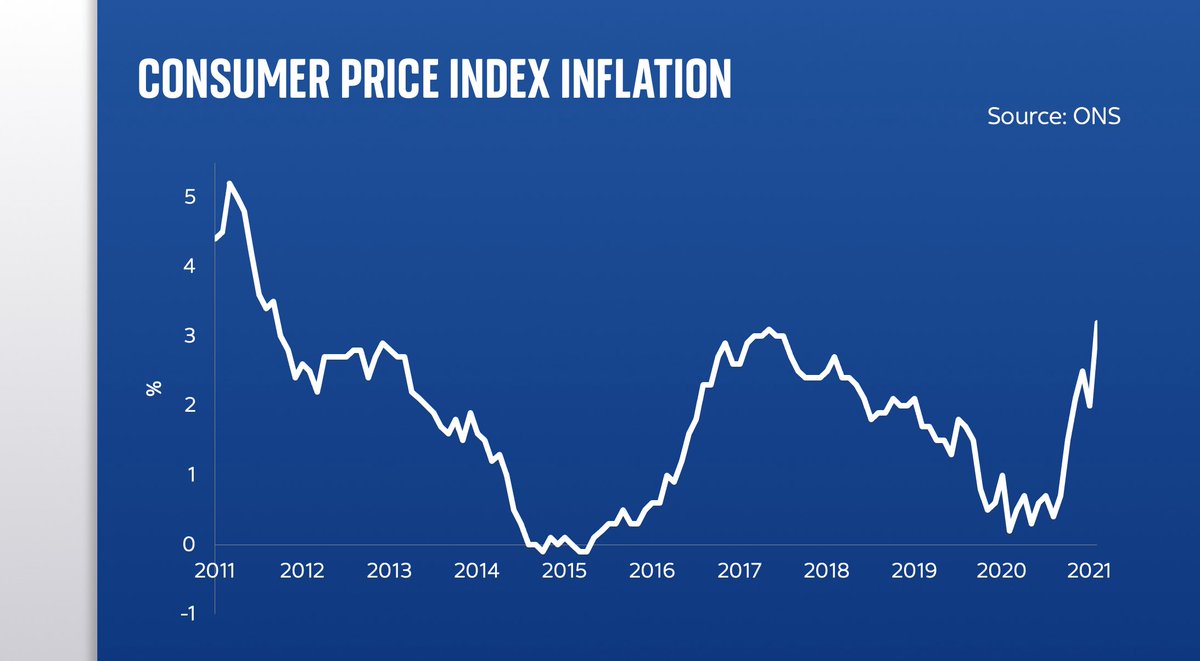
If net zero is going to happen we need to re-do the industrial revolution all over again.
It’s hard to express how big a deal this is.
But I’ve had a go here:
edmundconway.com/the-industrial…
It’s hard to express how big a deal this is.
But I’ve had a go here:
edmundconway.com/the-industrial…

The point is the Industrial Revolution wasn’t just about steel or textile manufacture.
It was a chemicals revolution
A concrete revolution
A glassmaking revolution
An aluminium revolution
A metals refining revolution
Plastics, silicon, fertilisers, batteries… I could go on…
It was a chemicals revolution
A concrete revolution
A glassmaking revolution
An aluminium revolution
A metals refining revolution
Plastics, silicon, fertilisers, batteries… I could go on…

And, guess what, ALL of those processes emit carbon. Sometimes via energy (OK so we can power them via renewables)
But also invariably carbon is emitted as part of the chemical/industrial process itself.
This chart from today’s HMT review of net zero underlines it.
CO2 EVERYWHERE
But also invariably carbon is emitted as part of the chemical/industrial process itself.
This chart from today’s HMT review of net zero underlines it.
CO2 EVERYWHERE

Those modelling net zero vaguely assume in the medium/long term we’ll be able to innovate our way out of these 👆emissions.
It might be possible.
But let’s not lose sight of how monumental a challenge (& perhaps an opportunity) that is.
Anyway. More here:
edmundconway.com/the-industrial…
It might be possible.
But let’s not lose sight of how monumental a challenge (& perhaps an opportunity) that is.
Anyway. More here:
edmundconway.com/the-industrial…
• • •
Missing some Tweet in this thread? You can try to
force a refresh














